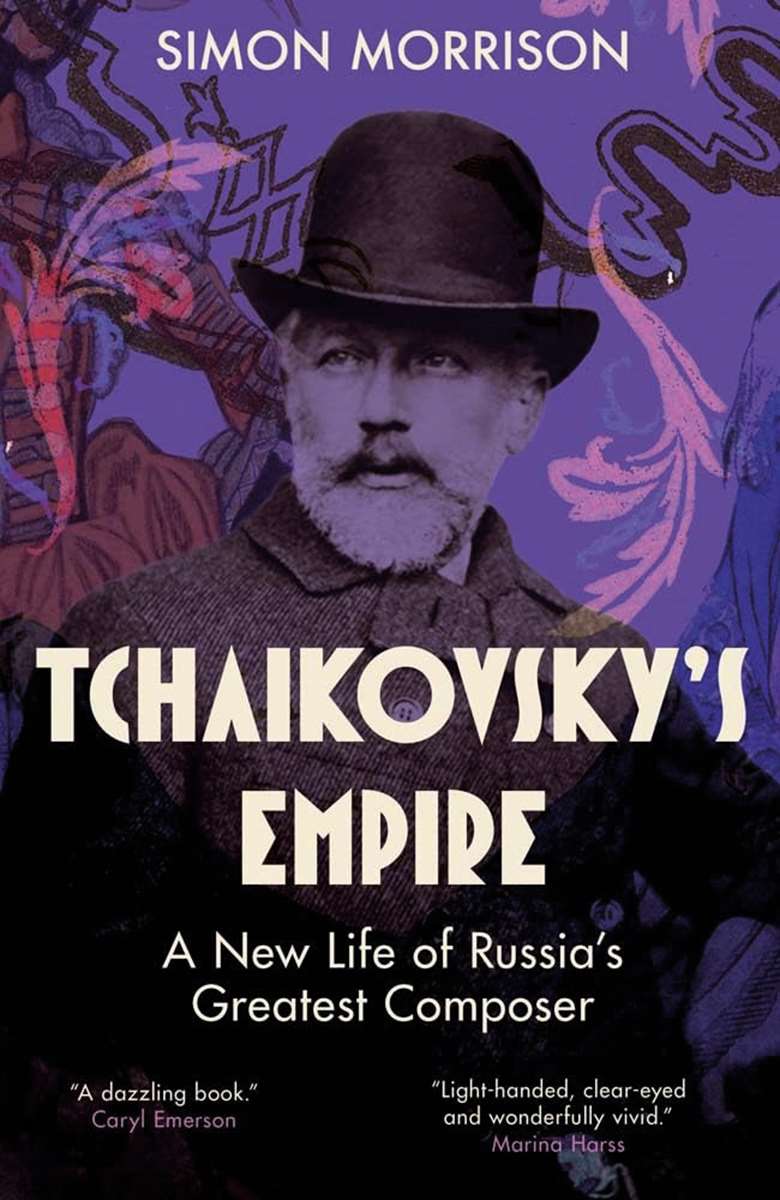Book review - Tchaikovsky’s Empire: A New Life of Russia’s Greatest Composer (by Simon Morrison)
David Gutman
Friday, September 6, 2024
Morrison’s Tchaikovsky is a rationalist who rather enjoys himself and aspires to a Mozartian poise and finish

Register now to continue reading
Thanks for exploring the Gramophone website. Sign up for a free account today to enjoy the following benefits:
- Free access to 3 subscriber-only articles per month
- Unlimited access to our news, podcasts and awards pages
- Free weekly email newsletter







